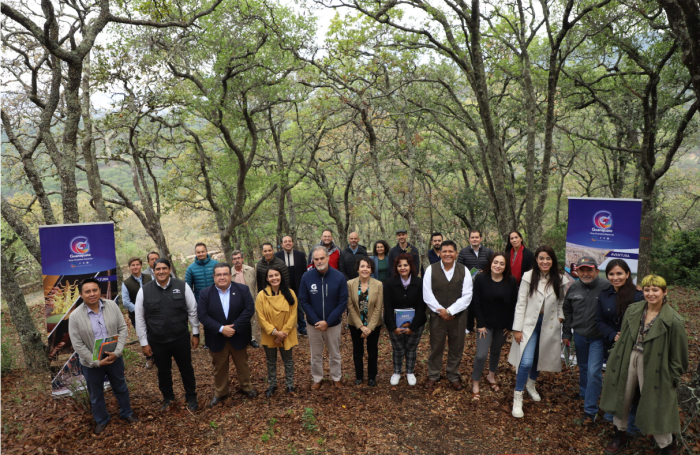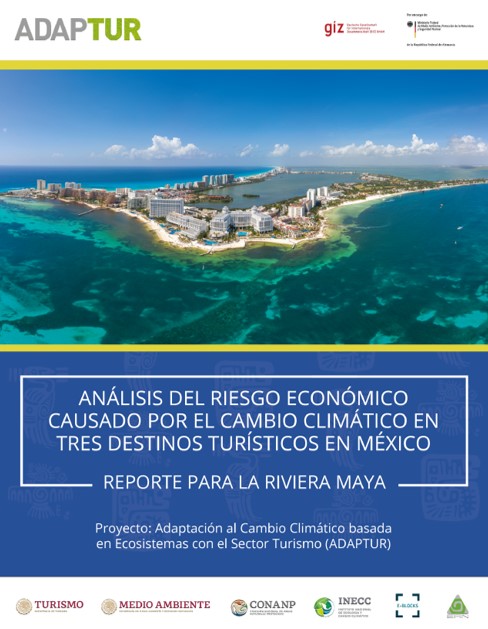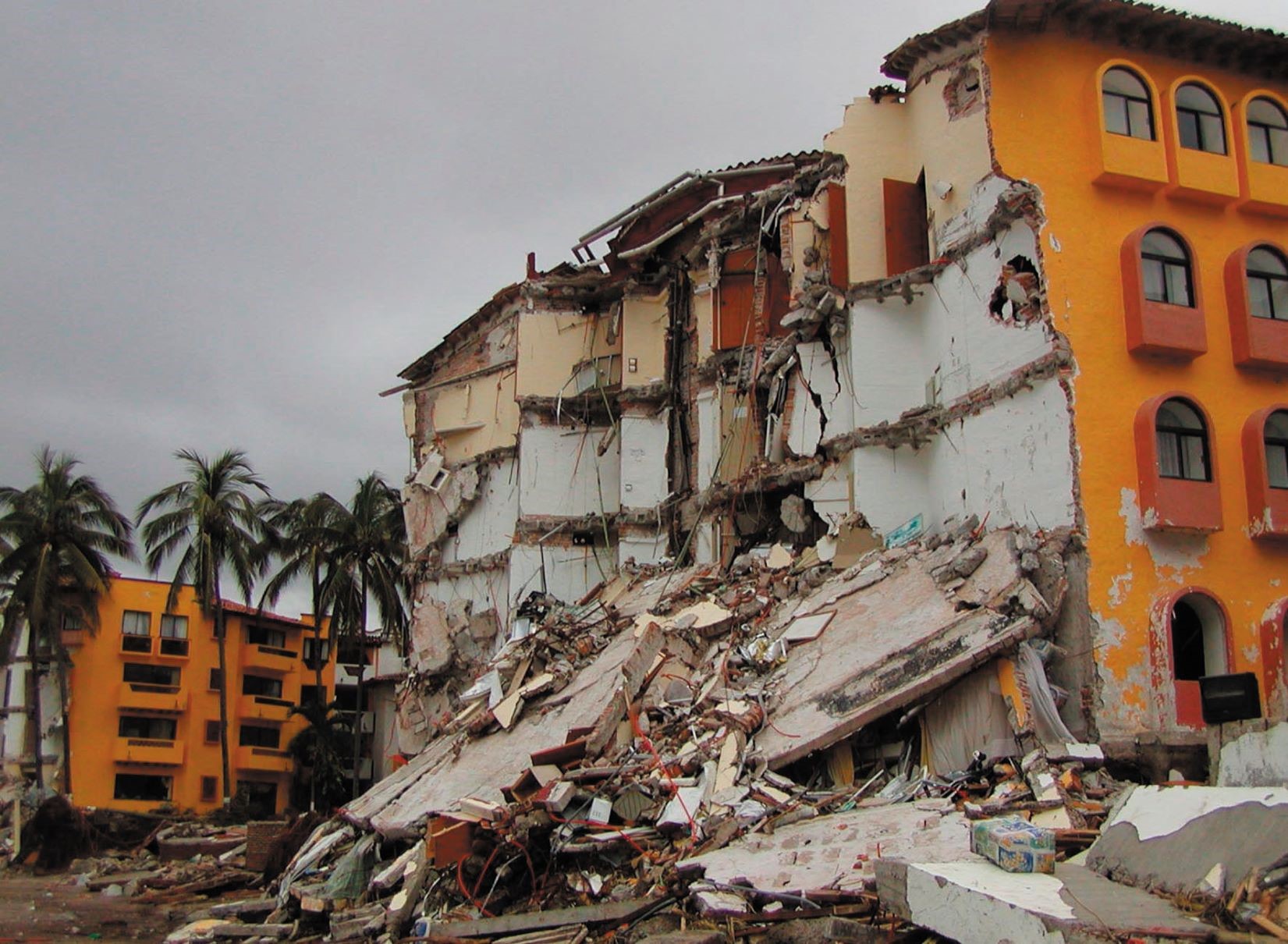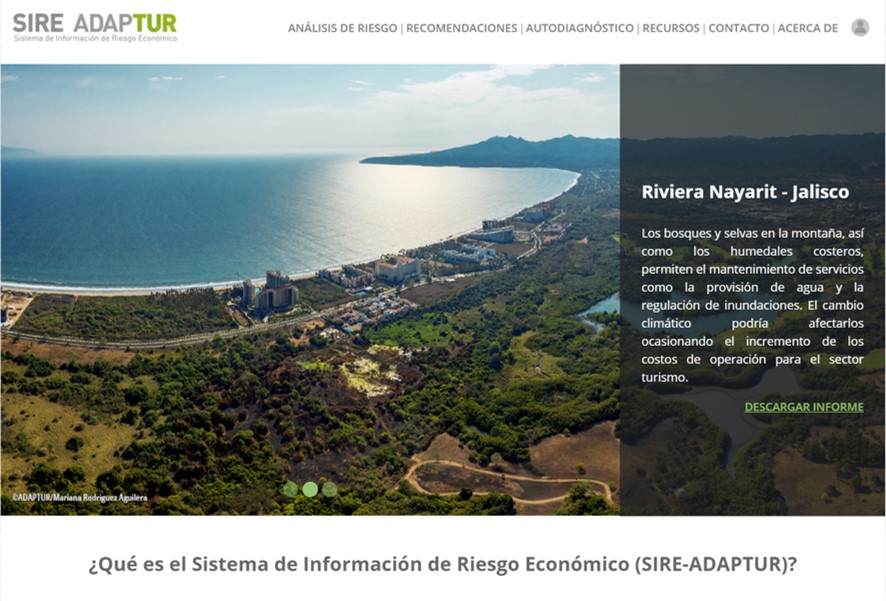Tourism can be a sustainable activity that boosts economic reactivation, while at the same time protecting natural capital, by reducing the vulnerability of destinations to climate change. Since 2017, Guanajuato has been working closely with the project “Ecosystem-based adaptation for the tourism sector in Mexico” (ADAPTUR) of the Deutsche Gesellschaft für Internationale Zusammenarbeit (GIZ) GmbH on a first phase in San Miguel de Allende. It is one of the 3 pilot sites and where 5 of the 7 ecosystem-based adaptation (EbA) measures targeted by the project were implemented. In this site, the measures focused on soil recovery and water provision, implemented with the support of the municipal government and civil society associations.
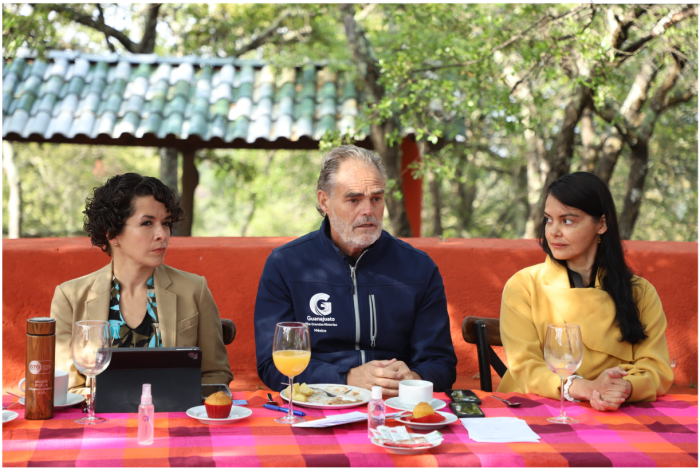
For the second phase of the project, the focus has broadened to include joint work at the state level between the Ministries of Environment and Land Management (SMAOT) and Tourism (SECTUR), with the support of ADAPTUR and Reforestemos México A.C. It aims to make progress on climate change adaptation in the state and strengthen the links between the tourism and environmental sectors through coordinated interagency work. In addition, this process has actively involved the private tourism sector through a mechanism for financing EbA measures in state Natural Protected Areas (NPAs). These areas have high economic value because they are key to the provision of ecosystem services, tourism and the reduction of the sector’s vulnerability to climate change.
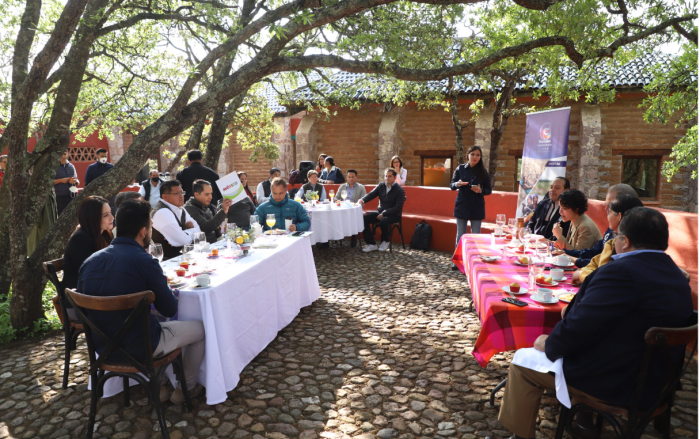
The process is known as the “Emblem Project” for being a pioneer in the field at the regional and national level. As part of the project, a roadmap has been designed to compile lessons learned and promote the replication of these efforts by other interested states. These types of alliances are becoming increasingly meaningful and important in promoting a green economic recovery that guarantees the wellbeing of people and ecosystems, understanding that one cannot exist without the other.
